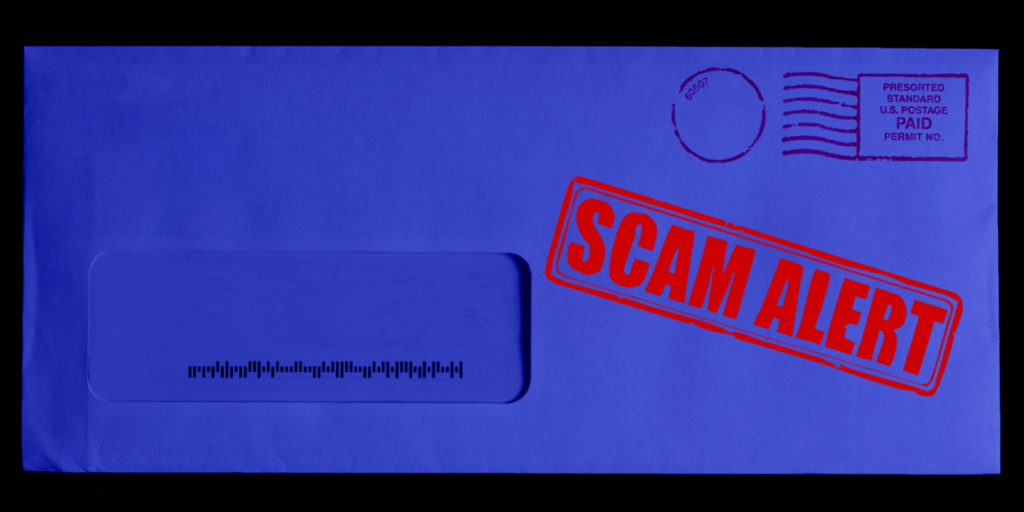
One of the worst public-sector union scams is about to end. “Partial public employee” unions represent in-home health aides, paid by states with Medicaid money to care for disabled beneficiaries—often the aides’ own children or elderly parents.
In recent decades, PPEs have typically come into existence when Democratic governors order union-certification elections with loose rules, usually including a participation rate of only 10%. Many workers are unaware that they have become union members. They remain ignorant, as the state deducts union dues and fees before sending payments. Such payments are usually made through direct deposit and often without an itemized pay stub.
The unions have no incentive to inform the workers—who in turn have no idea they need to contact the union to opt out. Thus money keeps flowing to these unions even though the Supreme Court, in Harris v. Quinn (2014), imposed on PPE unions a ban on forced nonmember “agency fees.” This year, in Janus v. American Federation of State, County and Municipal Employees, the court extended that rule to all public-sector unions.
Janus struck a second blow by requiring affirmative consent before collecting money from public workers. That’s good news for the litigants in the 2014 Harris case, whose claim for damages has been pending under the new title Riffey v Rauner. The day after the high court decided Janus, it sent Riffey to the lower court for reconsideration “in light of Janus.” Riffey seeks to recover $32 million in pre-Harris payments to a single Service Employees International Union local in Illinois. Five days later, PPE workers in Washington state filed a lawsuit, Schumacher v. Inslee, seeking refunds from another SEIU local.
A third blow to PPE unions came July 12. The Centers for Medicare and Medicaid Services proposed to repeal its Obama-era rulemaking that validated and approved the practice of deducting union dues and fees from Medicaid payments to in-home health aides. Soon PPE health-care unions will have to collect dues and fees directly from workers. Not so easy.
If the PPE unions succumb to this triple squeeze play, no one will suffer other than union officials. PPE unions do not provide benefits that real unions deliver. Real union contracts provide job security; PPE contracts don’t. PPE contracts provide explicitly that patients—not the state, with which the union contracts—retain the right to hire and fire at will and to supervise, schedule, train and otherwise manage in-home health aides.
Real union contracts have grievance procedures to enforce workplace rules. Not PPE contracts. PPE contracts exclude from their grievance coverage anything related to the patient’s rights, including hiring, firing and supervision. What else would a grievance relate to?
Critics of the Harris and Janus decisions complain about nonunion workers “free riding” or “getting something for nothing.” That presumes that there is something to “ride.” In the case of PPE unions, the workers who remain members get nothing for something.
As appeared in The Wall Street Journal on July 16, 2018.
![]()
Red Jahncke is a nationally recognized columnist, who writes about politics and policy. His columns appear in numerous national publications, such as The Wall Street Journal, Bloomberg, USA Today, The Hill, Issues & Insights and National Review as well as many Connecticut newspapers.


